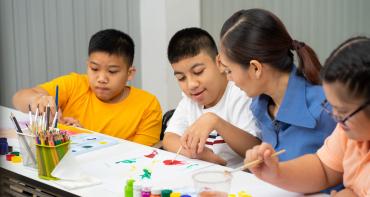Blog by Munim Mubashshir, Member (Student Representative), Anti-Corruption Commission Reform Commission, Bangladesh
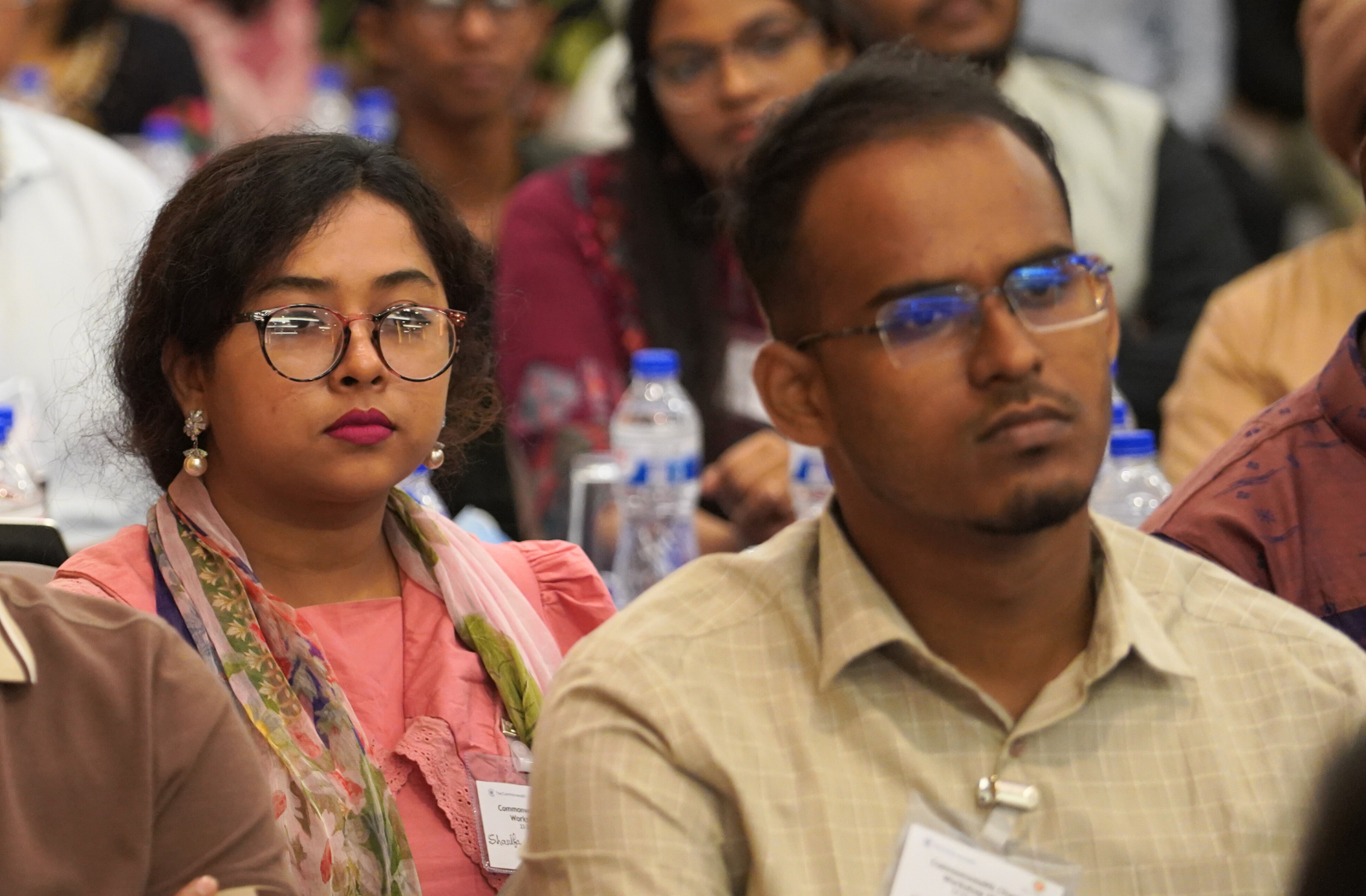
At a time when the world seems increasingly divided and uncertain, an invitation to a gathering of young minds in Dhaka promised something extraordinary. I had the privilege of attending the Commonwealth Charter Youth Workshop, held from June 23 to 24, 2025, at Lakeshore Heights Hotel.
It was more than just a workshop - it was a transformative experience that immersed us in the foundational values of the Commonwealth and left each participant profoundly changed.
The workshop was far more than an academic exercise. It was an invitation to reflect, to engage, and, most importantly, to act. We were not just attendees - we were participants, speakers, thinkers and in many ways learners of what it truly means to be a part of a global community bound by shared values.
100 young Bangladeshis committed to championing Commonwealth values
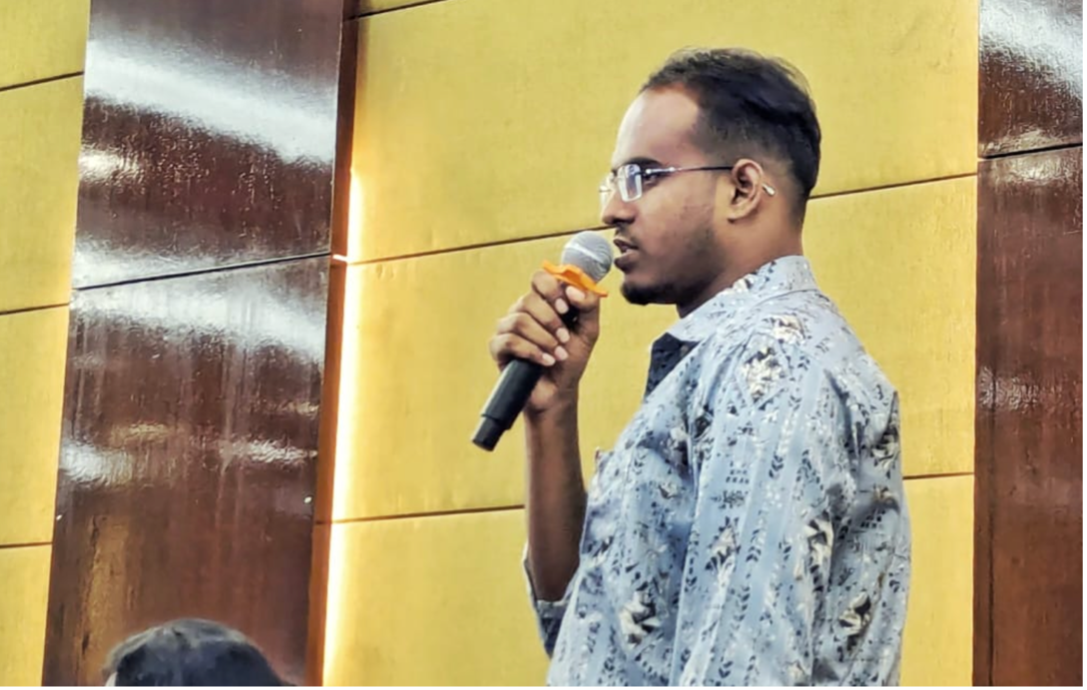
What made this workshop special was not just its high-profile agenda or smart presentations, but the spirit of participation it nurtured. Every speaker encouraged us to speak up. Every topic invited discussion. Silence was not an option, which was refreshing.
For two full days, each session demanded our voices. Every lecture turned into a dialogue. I found myself speaking more than I ever thought I would, learning from others, and growing with every conversation. The central focus of the workshop was to explore and internalise some important values of the Commonwealth Charter. Each session peeled back the layers of those values in ways that were meaningful and deeply personal.
Championing Commonwealth values
Democracy
The first speaker began with Democracy, a word we hear so often that its meaning can fade into the background. But here, it was brought to life. Democracy, we learned, is more than elections or majority rule. It is about listening, questioning, and participating in decisions that affect all of us.
Whether in schools, families, workplaces, or governments, democratic thinking requires respect for every voice. We walked away with the understanding that real democracy does not just live in institutions; it actually begins with us.
Human rights
Then we delved into Human Rights - not through policy frameworks, but through real human stories. Stories of individuals who stood up for their dignity, and others still longing for justice. The session helped me realise that human rights are not privileges granted by the state; they are inherent to who we are. More than just personal freedoms, they come with a shared duty: to safeguard the rights of those around us.
International peace and security
The value of International Peace and Security took on a deep human meaning. It is about more than treaties or diplomacy - it is about building peace in our own circles. The facilitators stressed how peace begins with small actions such as resolving disagreements, supporting those in distress, and working against hate in all its forms.
That day, I stopped thinking of peace as a global concept. Instead, I saw it as something I could actively contribute to in everyday life.
Tolerance, respect and understanding
Tolerance, Respect and Understanding may sound like buzzwords, but they came alive through real conversations with people from different cultures, beliefs, and backgrounds. We listened to each other’s experiences - sometimes joyful, sometimes painful. And slowly, a sense of unity emerged. I realised how empathy is a skill, one that must be nurtured with openness and humility. We all want to be seen, heard, and valued. Tolerance is where that journey begins.
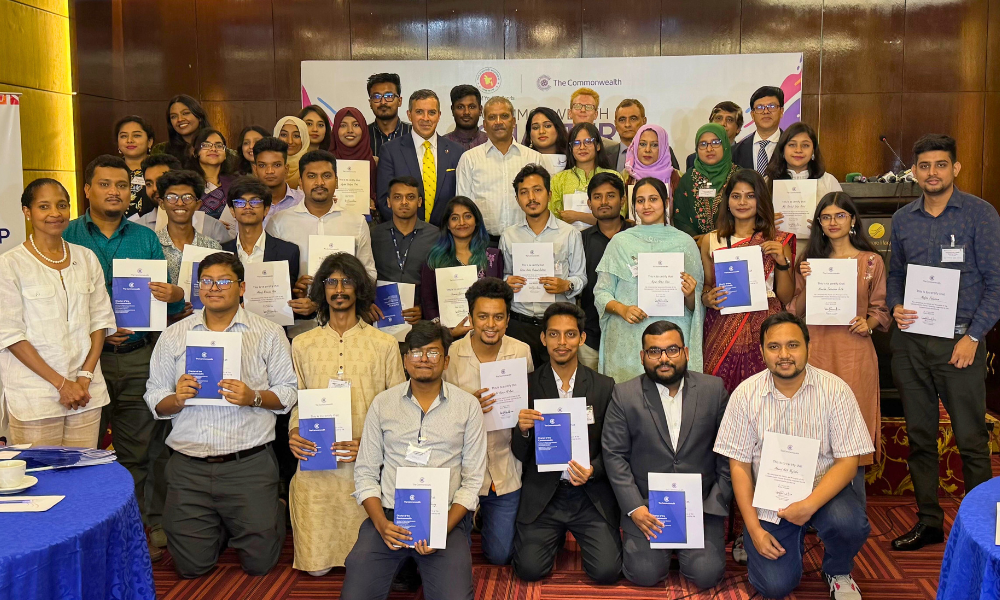
Freedom of expression
The discussion on Freedom of Expression struck a deep chord. In a world overflowing with opinions and information, what we say and how we say it matters. The session made me think critically about my voice. “Am I speaking honestly? Am I listening with respect? Am I using my platforms for good?” I began to appreciate that freedom of speech is about protecting the space for others to speak, especially those whose voices are often silenced.
Having the opportunity to speak, I mentioned one of my favourite quotes in my speech: “I might disapprove of what you say, but I will defend to the death your right to say it.” English author Evelyn Beatrice Hall wrote this in her biography The Friends of Voltaire. This quote beautifully captures the essence of freedom of expression - that protecting speech means protecting even the speech we disagree with. It is about upholding the principle, not the content.
Separation of powers
Further, we explored the Separation of Powers, a principle I had once thought was mainly for law students or political analysts. But as we unpacked it, I began to understand its everyday relevance. It is about checks and balances, fairness, and keeping institutions accountable. This idea goes beyond government.
It can apply to any structure of authority. The session gave me a new lens through which to view power - not something to fear, but something that should always be questioned and balanced.
Rule of law
Moving on, the conversation on the Rule of Law was equally enlightening. It is easy to say, “No one is above the law,” but reality often reflects a different story. We discussed the importance of fair access to justice, the need for independent courts, and how laws must be tools for protection, not oppression.
I came away realising how crucial legal awareness is. Knowing your rights is not just about self-defence; it is also about defending the rights of others.
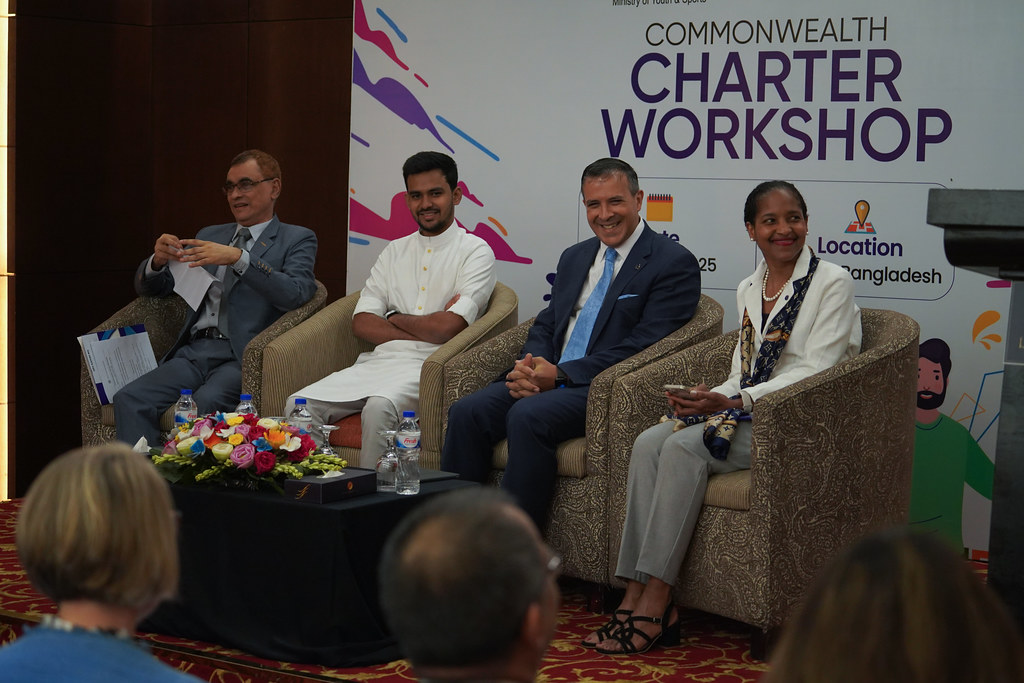
Good governance
Our deep dive into Good Governance was a perfect way to close the first day’s values. We talked about what makes leadership effective and ethical: transparency, honesty, and inclusiveness. The speakers shared real-world examples. Some of them were inspiring; again, some were disheartening, too.
But all of them made one thing clear: leadership is not about position. It is about service. And good governance starts with individuals who choose to act with integrity. Also, we had an important session on Transitional Justice, which became food for thought.
Putting the Charter into practice
As the workshop progressed, it became more than a learning experience. It was a space for personal growth. Each value we studied challenged me to reflect: “Am I practising this in my own life? Am I contributing to a society that embraces these ideals? Am I becoming the kind of person who not only dreams of change but works toward it?” The beauty of the workshop was in its emotional resonance. Democracy became dialogue, human rights became dignity, peace became compassion, and governance became character.
Above all, the workshop reminded us that values mean nothing if they are not lived. It is easy to quote the Charter, but it is much harder to stand up for what it represents. But over those two days, surrounded by passionate peers and insightful mentors, it became clear that the Commonwealth values are not just guiding policies - they are a roadmap to become better versions of ourselves.
Leaving that hotel, I felt different and also inspired - not just by the values, but by the people who embody them every day, often quietly and without recognition. I felt connected to the fellow participants. It felt like a global family striving for fairness, justice, and peace.
And I realised I must always be responsible- to speak out, to stay engaged, and to never underestimate the power of values that are lived through action.
Workshops end. Certificates are handed out. The chairs are stacked, and the lights go off. But the real journey starts afterwards, in how we carry these lessons forward and in the choices we make in future.
For me, the Commonwealth Charter is no longer just a document. It’s a mirror, a compass, and, above all, a challenge. A challenge to lead with principle, to listen with the heart and to live with purpose.



